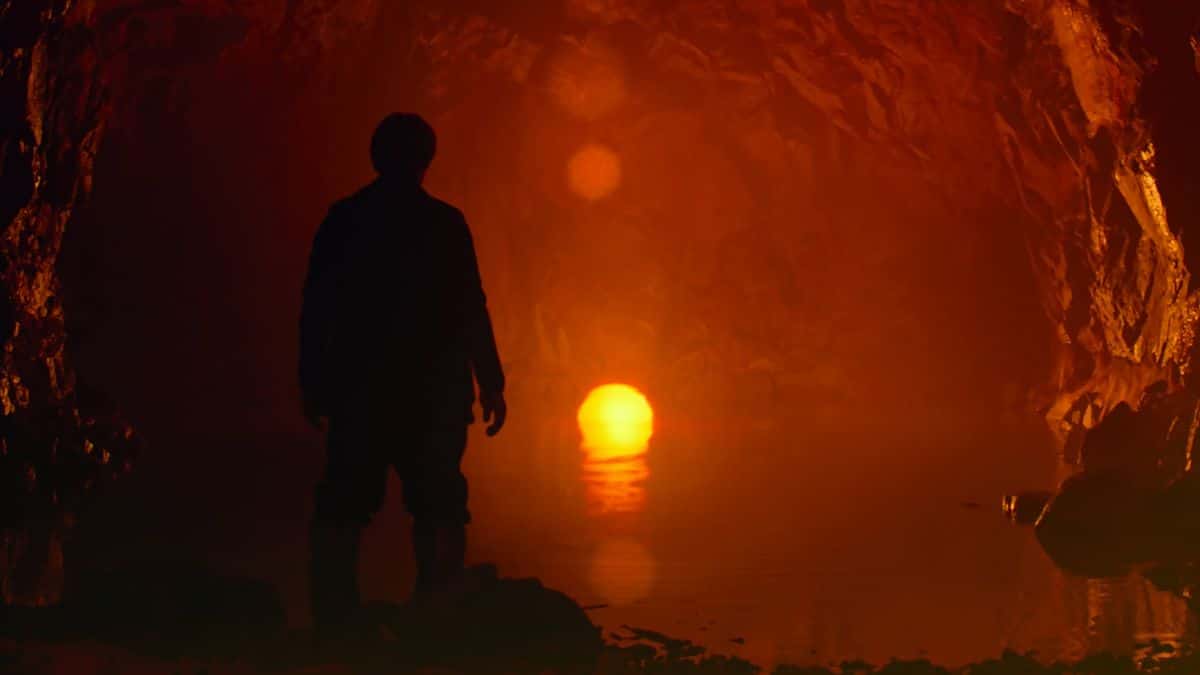Movie Review: Siberia
12th February 2021
Copyright: Vivo Film
To fear death in private is an inevitability for some, but to project those unspoken secrets and horrors onto the big screen with such direct justification is still a taboo that has yet to be broken. Siberia, the latest collaboration between director Abel Ferrara and Willem Dafoe is their supreme attempt at cracking through the controversy and delivering a project that delves deep into the minds of its tortured creatives. An effective series of interpretations that bring life to the darker days of its director, Siberia is a beautiful companion piece to that of Tomasso, and serves as a piece that guides its audience through the consistent themes that plague the mind of its director.
Abdicating any semblance of straight narrative, Siberia turns its attention to vivid imagery. Dafoe is a catalyst for the moments that bring darker tones to the message of fear and animosity Ferrara feels for himself and those who have wronged them. Symbolism is frequent, it croons and twists rapidly throughout, a beautiful cacophony of sounds and visions that, had it been under the guise of narrative consistency, would not have worked. Erratic tones and jagged scenes make up the most of Siberia, and it is hard to untangle the artist and the actor when the two are so closely linked. Ferrara uses Dafoe and his performance as a mouthpiece, not for some allegorical or political stance, but as a host for his life and experiences.
When the two have worked together so closely and so often, it is rather clear to see why Ferrara has allowed Dafoe to project and detail his life so often. He embodies the director well, with a strong performance that will, inevitably, go forth into relative obscurity. But shielded away from the mainstream, Siberia will eventually pick up a reputation as a flimsy arthouse piece for the provoked mind, rather than what it really is, a simple and effective narrative that wishes to conduct the experiences of a director through disjointed imagery and a prose submerged in mania. Ferrara adapts the slightest pockets of technical mastery to the story with such ease, the beauty of the film found in the contrasts of lighting, the provocative message and the allure of imbalance to the story.
Ferrara ruminates on his life and previous works, intercutting fleeting scenes of madness with idyllic mountains and snowed under cabins. These deep aspects feel forcefully disjointed. We leap from scene to scene without any real relevance or connection to a previous one. A rare pioneer of arthouse cinema, taking it far away from the comfort this genre has found in presenting acceptable cinematography and nothing more. Ferrara drags Siberia kicking and screaming through the tormented life he has led as he muses on death, relationships and a past he regrets. He does so with passion and honesty. He has faith in the camera and his characters, melding them to the technical merits his work often provides. If Siberia is the last gasp of a director attempting to make peace with his conscience, then so be it, the appearance of closure is within his reach. He steps one inch closer to that cessation.
![]()


